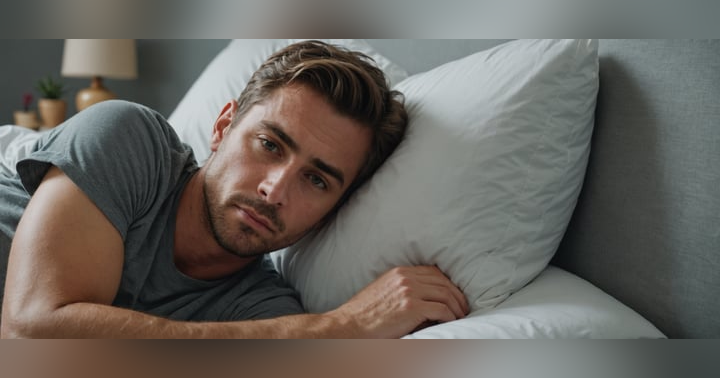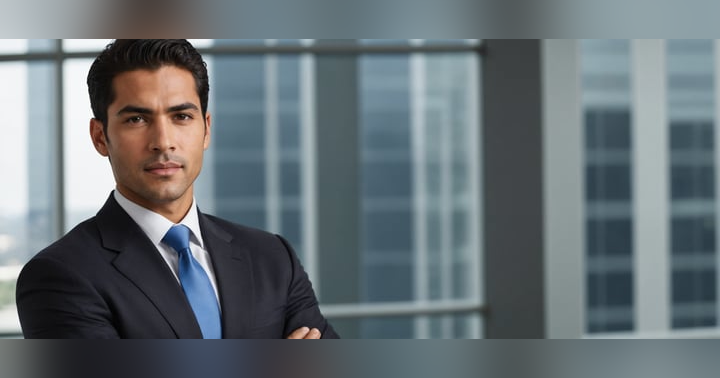Queer Horror’s Evolution: How LGBTQ+ Creators and Fans Are Reshaping the Genre

The Rise of Queer Horror and Its Thriving Community
Horror has long been a genre that provides a voice to the marginalized—those who defy societal norms and challenge conventional expectations. For the LGBTQ+ community, horror functions as both a reflection of real-world fears and a sanctuary for self-expression. Over time, queer horror has grown from subtle, coded representations to a bold and unapologetic genre, driven by creators and fans who recognize its potential to tell authentic queer stories.
Horror journalist and filmmaker Sean Abley has dedicated much of his career to chronicling the intersection of queerness and horror. Through his writing for Fangoria and his book Queer Horror: A Film Guide, Sean highlights the expansive history of LGBTQ+ representation in horror, from early coded villains to modern queer narratives. His work underscores the importance of horror as a medium for queer storytelling—a space where marginalized voices can reclaim their narratives, often through monstrous transformations or supernatural justice.
The Intersection of Queer Identity and Horror
Horror's focus on otherness, survival, and defiance resonates deeply with the LGBTQ+ community, which often navigates a world that feels hostile or isolating. The theme of transformation—ordinary people forced to evolve or perish in extraordinary circumstances—mirrors the experiences of many queer individuals. As Sean explains, “For the person to survive the extraordinary circumstances, they have to become an extraordinary person.”
The connection between queerness and horror is not just thematic; it also manifests in the work of many LGBTQ+ filmmakers and creators. From underground zines to independent theater productions, queer voices are infusing horror with fresh, bold perspectives. This DIY approach has allowed queer horror to thrive outside mainstream constraints, creating space for new narratives that explore queerness in all its complexity.
Beyond Villains and Tragedy
Historically, queer representation in horror often manifested through villainous characters or tragic outcasts, as seen in films like Carrie. The protagonist, Carrie, embodies an outsider's struggle, ostracized for being different—much like the experience of many LGBTQ+ individuals. While Carrie’s story offers catharsis through revenge, it ultimately ends in tragedy, reflecting how queer characters were often punished or erased in early horror narratives. As Sean points out, “We have been told that we aren’t worthy of survival... that we aren’t smart or strong enough to make it to the end.”
However, queer horror is evolving. Today, LGBTQ+ filmmakers are creating their own stories, ensuring that queer characters are no longer just metaphors or tragic figures. With films like A Nightmare on Elm Street 2: Freddy’s Revenge—often cited as one of the "gayest" horror films—queer subtext is impossible to ignore, paving the way for a new era in horror.
The Growing Impact of Queer Horror
In recent years, queer horror has gained visibility, thanks to the efforts of creators who embrace their queer identities and inject their perspectives into horror narratives. The 2000s saw the rise of "gay horror," with platforms like Fangoria offering spaces for queer discussions. Blogs like Gay of the Dead provided archives of interviews with queer filmmakers, authors, and actors, helping to expand the horror genre by incorporating new viewpoints and subverting traditional norms.
A major part of queer horror’s evolution is the ability to revisit older films with a modern, queer lens. As Sean states, "A film is preserved in amber as a piece of art, but the viewing experience... is not because, literally every second, we’re changing.” This allows for nuanced discussions, enabling the queer community to reclaim and celebrate the subtext in classic horror films.
Building a Thriving Queer Horror Community
The queer horror community is more than just a fandom—it's a dynamic space where creators and fans come together to celebrate shared experiences and perspectives. The introduction of the Queer Horror Panel at the 2014 San Diego Comic-Con highlighted the demand for queer representation in horror. Despite initial doubts, the panel was met with overwhelming interest, filling the room to capacity. Sean emphasizes, “You can’t feel anything but a sense of belonging when you’re in a room full of queer horror fans, all embracing their weirdness together.”
Since then, the Queer Horror Panel has become a staple of Comic-Con, illustrating the growing presence and significance of queer voices in horror. Beyond conventions, queer horror communities continue to thrive through online forums, independent film festivals, and social media platforms, offering space for creators to reinterpret classic horror through a queer lens.
Exploring Queer Identity through Horror
For many queer creators, horror is not just about scares—it’s a means of self-expression and a platform to explore identity, trauma, and survival. By amplifying LGBTQ+ voices, queer horror has provided a space for individuals to reflect on their personal experiences. As Sean notes, “Maybe what I’ve learned is not necessarily something specific about the genre, but it’s just to appreciate the different approaches to it.” The diversity within the horror genre—ranging from psychological terror to campy slashers—allows for a multitude of queer voices to be heard.
The Future of Queer Horror: Pushing Boundaries
The future of queer horror lies in its ability to push boundaries and embrace complexity. Fans are no longer just passive consumers but active participants, contributing to the genre as filmmakers, critics, and scholars. As one community member states, “The fans are the filmmakers are the journalists are the academics... we do everything.”
While traditional, gory horror films remain popular, there is also a growing demand for more nuanced, experimental works. Films like Skinamarink and In a Violent Nature have shown that audiences are eager for horror stories that delve into psychological depth and unconventional storytelling. The queer horror community is committed to supporting filmmakers who take risks and challenge conventional genre norms.
Community Through Queer Horror
The queer horror community is a space for all—whether seasoned creators or newcomers. It thrives on inclusivity, offering opportunities for anyone passionate about horror to get involved. As one member explains, "Just start. Whether it's making a film, writing about horror, or joining discussions online, there are numerous ways to contribute."
The genre's accessibility in the digital age means that anyone can engage, regardless of formal training. The queer horror community offers a welcoming environment for individuals to express themselves, explore their unique identities, and contribute to the ever-expanding world of queer horror.
Embrace the Queer Horror Community
The queer horror community has evolved into a powerful, inclusive space for creators and fans alike. It is a space where horror provides both representation and a sense of belonging. As the genre continues to grow, it offers opportunities for new voices to be heard, ensuring that queer horror will remain a dynamic and influential part of the horror landscape for generations to come. Whether through storytelling, critique, or support, there is a place for everyone in the world of queer horror.
And remember. Every day is all we have, so you've got to make your own happiness.
For more information on this topic, listen to Episode 126. Gay of the Dead: Unleashing Queer Horror (with Sean Abley).
Tune into your favorite podcast player every Tuesday for new episodes of A Jaded Gay.


















